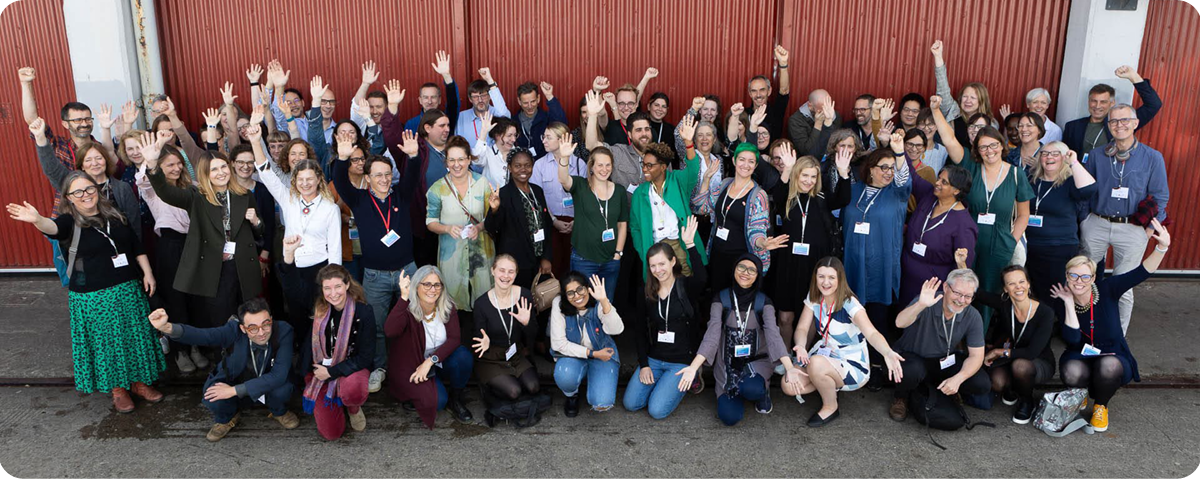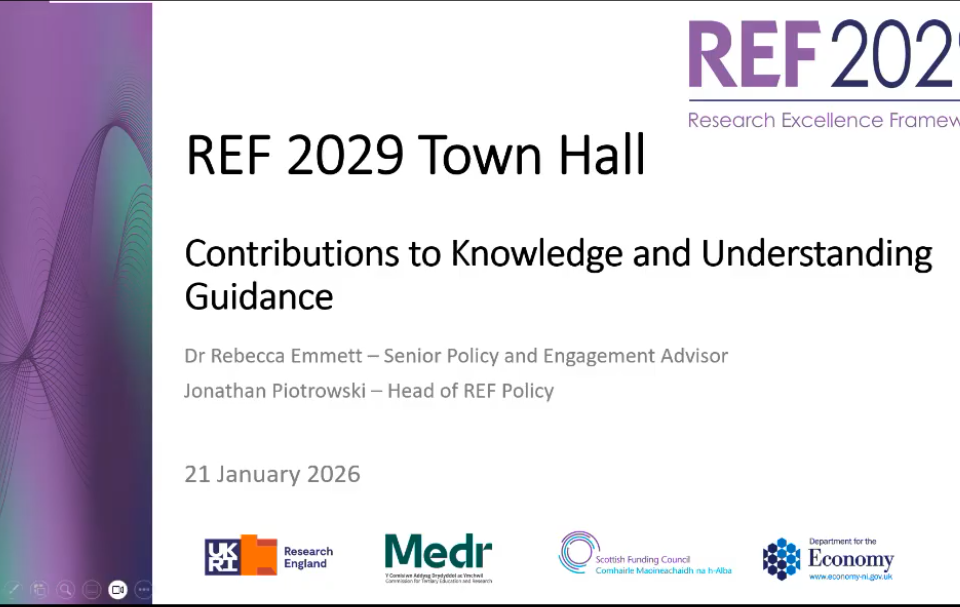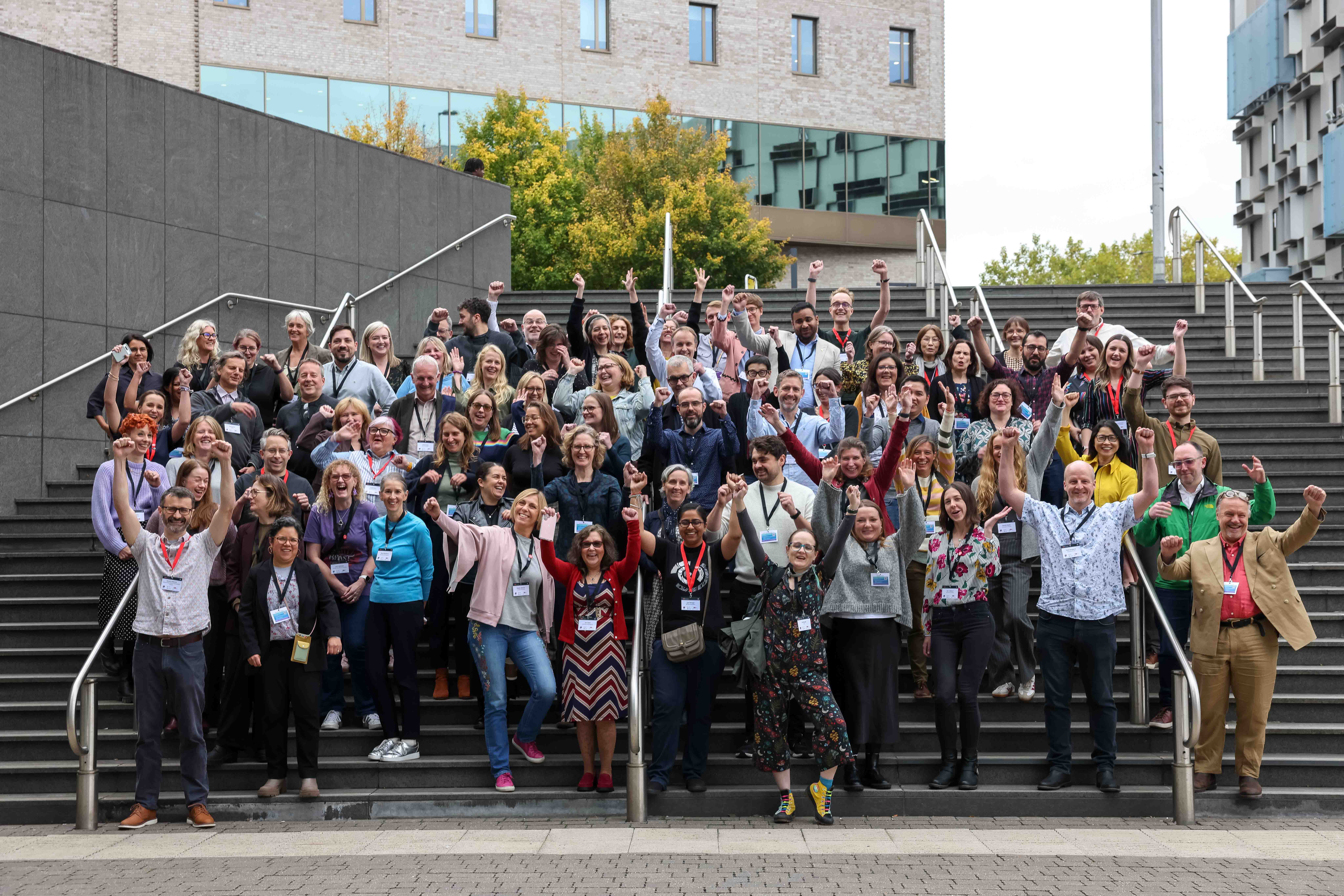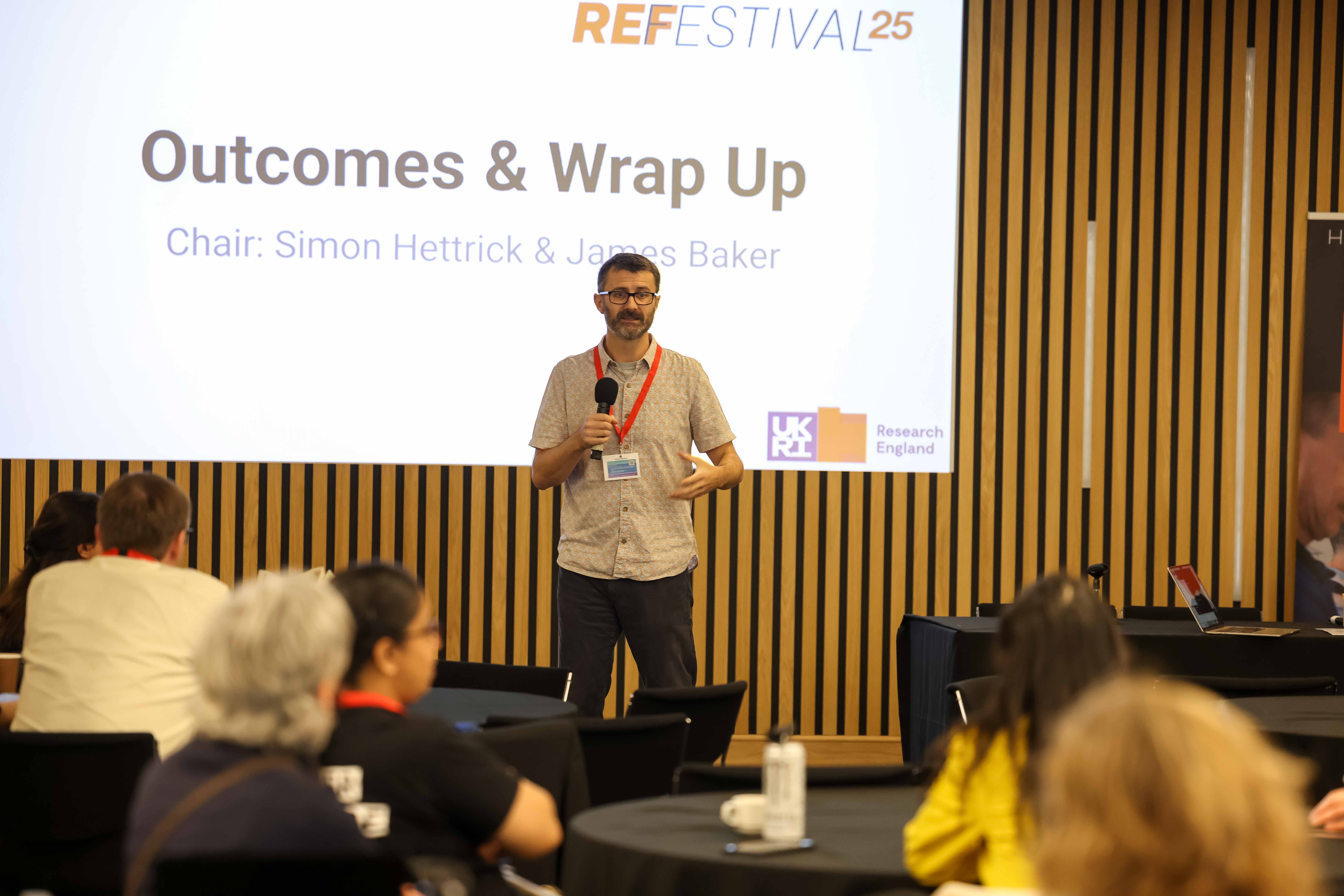
Hidden REF Competition 2024 Awards Ceremony
January 16, 2025
Look beyond papers for a better REF and research culture
February 27, 2025Today we released a press release about the next, funded phase of the Hidden REF! Read the press release below.
A campaign to recognise the ‘hidden’ outputs and roles in successful academic research has been awarded £3.5 million to bring it into the 2029 REF.
The five-year project, called Embedding Trust in Evaluation (E-TIE), will develop recommendations for the sector to embed the formal recognition of support and technical work that underpins research in the next REF (Research Excellence Framework, the national research assessment exercise that determines public research funding for institutions).
The project has been developed by the academics behind the Hidden REF, which was launched from the University of Southampton in 2020. The Hidden REF holds an annual festival and competition to champion ‘hidden’ roles and outputs that enable academic research to happen, such as technicians, research software engineers, librarians, research administrators and managers.
Research England, which manages the REF Team on behalf of all four higher education funding bodies, has awarded £3.5 million to the E-TIE project.
The project will be led by Simon Hettrick, Professor of Software Sustainability at the University of Southampton and chair of the Hidden REF, James Baker, Professor of Digital Humanities at the University of Southampton, and Gemma Derrick, Professor of Research Policy and Culture at the University of Bristol.
As well as making recommendations for consideration by Research England for the REF 2029 Research Diversity Advisory Panel, the project team will share information arising from the Hidden REF and associated research on best practice in submitting non-traditional outputs for assessment.
Professor Hettrick said: “This will make research both better and fairer. There are lots of people without whom research would not be possible, so this is a big step towards ensuring proper and fair recognition and reward during the REF.”
“It feels great that something that was genuinely started at grassroots has gained momentum to get to this stage,” said Professor Baker. “There is a lot of work to do to change the culture, and we are confident that this project will lay the foundations for mainstream recognition of non-traditional research outputs and overlooked roles.”
Professor Derrick added: “The Hidden REF is vital because it shines a spotlight on the often-overlooked individuals and contributions that sustain research. By celebrating all roles and outputs, it champions a more inclusive, equitable, and accurate way of valuing the true fabric of the research ecosystem.”
Professor Mark E. Smith, President and Vice-Chancellor of the University of Southampton, said: “I am really proud that this significant project has launched, thanks to the hard work and vision of a small team here at the University of Southampton. Their work has paved the way for the appropriate and deserved recognition of overlooked outputs and roles in the REF.”
Rebecca Fairbairn, Director of REF, said: “REF 2029 will deliver an expanded definition of research excellence, recognising the wide range of research, roles and people that are a necessity for excellent, impactful research and a vital part of the UK’s vibrant research system. This project will provide additional impetus, and evidence on these key topics, complementing the work already underway through the Research Diversity Advisory Panel and the PCE Pilot.”
Steven Hill, Director of Research at Research England, added: “Around the world, countries are recognising the importance of valuing the research system as a whole and all the roles and work that encompasses. We have an opportunity in the UK to lead the way in this work.”
Alis Oancea, Chair of the REF 2029 Research Diversity Advisory Panel (RDAP), said: “In its role as the independent advisory panel on research diversity to REF 2029, RDAP welcomes and values sources of evidence on research diversity from across the sector, including evidence arising from this project and from other research-on-research initiatives, to support and recognise the full range of epistemic perspectives, research outputs and practices, and forms of impact and engagement in the UK.”




